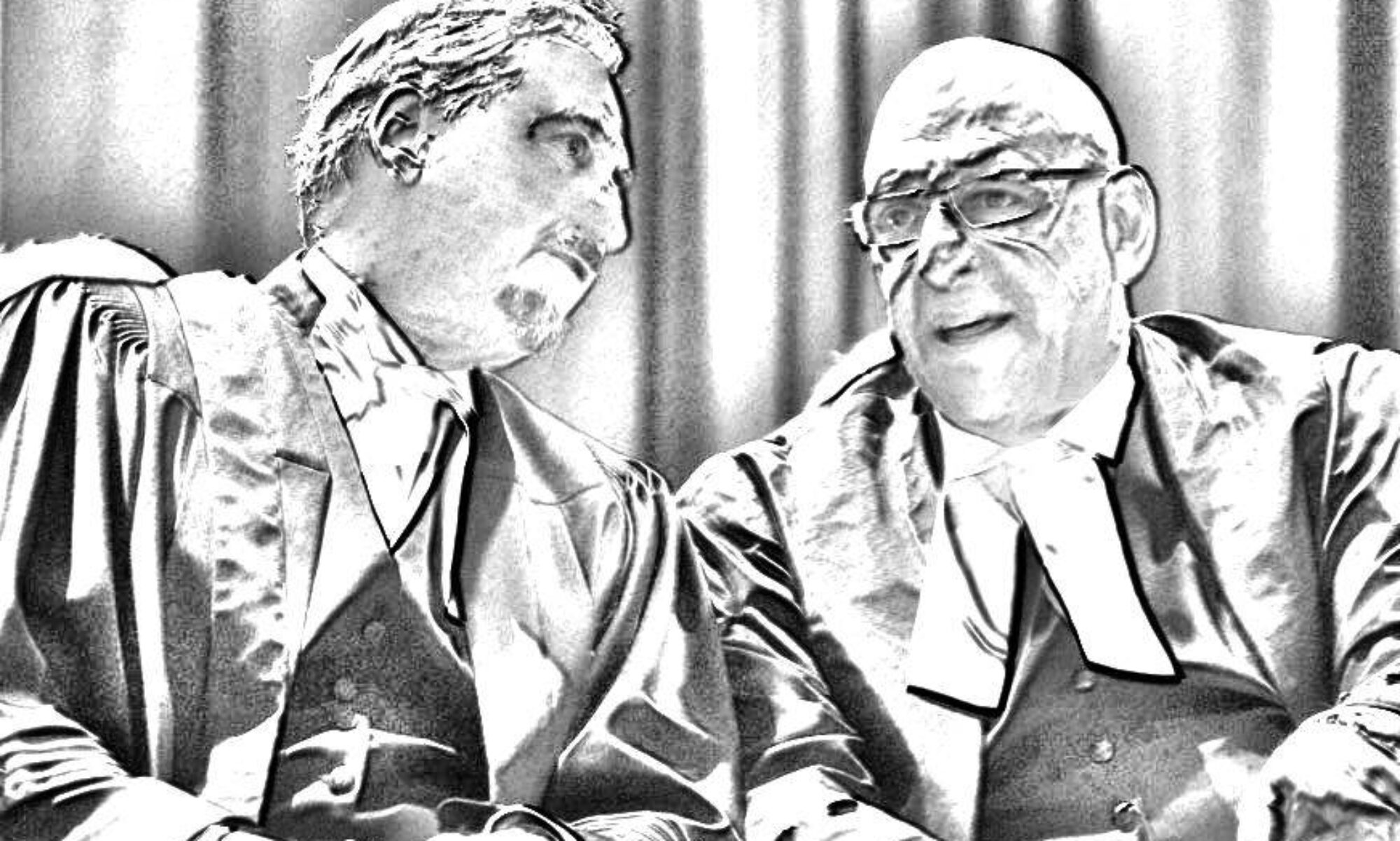
Part XXI.1 of the Code was proclaimed in force in November 2002. It adopts most of the former law and practice under the repealed section 690 of the Code and removes the characterization of the ministerial review power as the “Mercy of the Crown”. Section 696.1 allows an accused to apply to the Minister of Justice of Canada to review a conviction or a finding that the accused is a dangerous or long term offender. An accused person is only permitted to apply for this remedy after he has exhausted all other appellate remedies. This amounts to an application of last resort. The application seeks a remedy for some legal wrong that is entirely discretionary.


